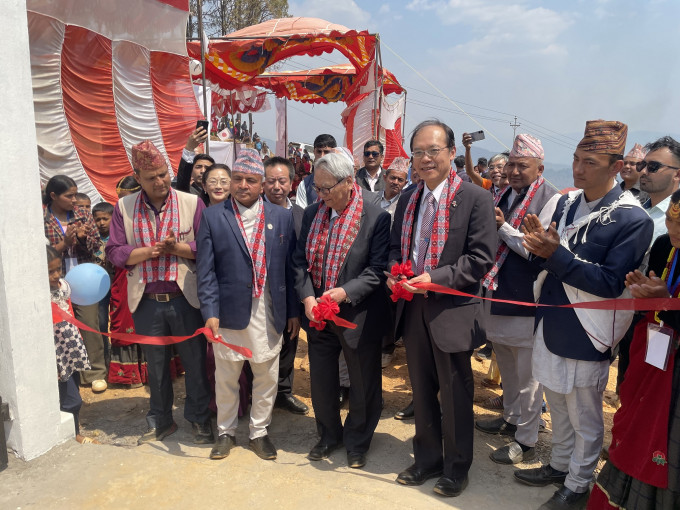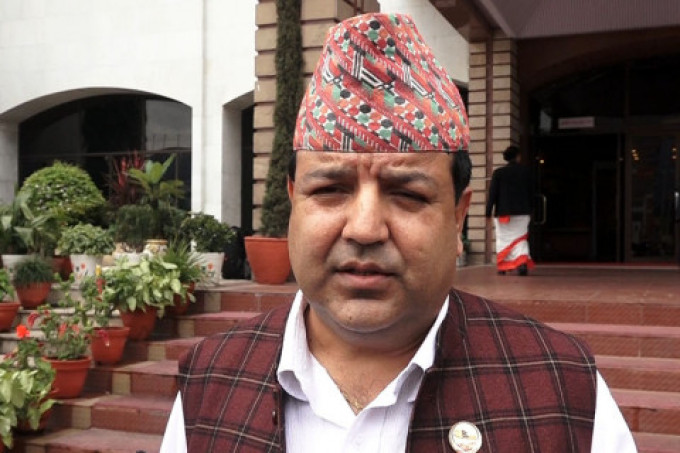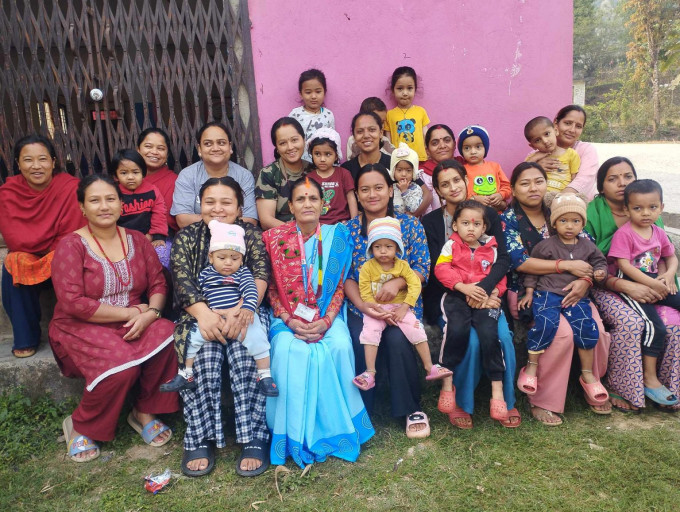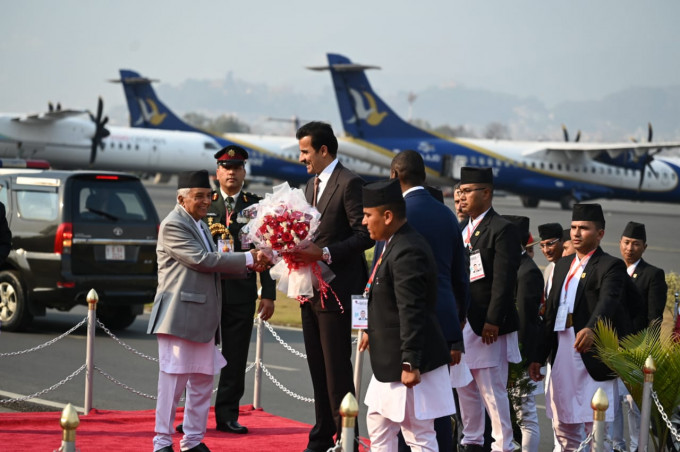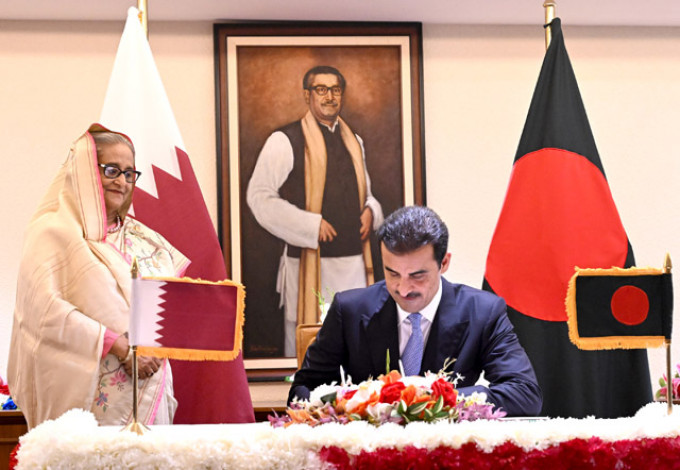Mass administration of oral cholera vaccines can serve as a powerful preventer for the present worsening situation of cholera outbreak in Nepal. However, at the same time closing the means for future spread of the disease.
Nepal is one of the hotspot regions for cholera outbreaks in the world. Last year, in November, after infection spread in more than a thousand people in Nepal, the Ministry of Health and Population had decided to run a vaccination drive for cholera prevention in the most affected areas. The government of Nepal sought the emergency supply of cholera vaccines from the International Coordinating Group on Immunisation (ICG).
Until now, WHO’s assistance has been the major source for cholera vaccine administration in Nepal. However, prior vaccination programs are important to save more lives and community loss than always seeking help after the disease outbreak actually takes place. “Vaccines prevent diseases from taking the form of an nationwide epidemic. Currently Nepal is in the stage of a cholera endemic, in such a time cholera vaccines play a crucial role in warding off health emergency situations,” says public health professional Radhika Ghimire.
Clinical trials for lower cost formulation of cholera vaccines are in progress in Nepal since October 2021. With the initiation and partnership with the International Vaccine Institute (IVI) vaccine trials in Nepal are expected to be completed by September 2022. IVI is working in close collaboration with the Ministry of Health and Population, the National Public Health Laboratory, and the Department of Health Services in Nepal.
Affecting both children and adults, cholera leads to death if not treated within hours. However, people do not get to this deadly stage as they develop mild or moderate symptoms which can be treated with oral rehydration solution. More severe cases need rapid treatment with intravenous fluids and antibiotics. However, for vulnerable countries like Nepal, with weak water supply systems and meagre sanitation practices, extra precautionary measures have to be applied in order to stop the spread of the deadly disease. Alongside vaccination programs, proper use of latrine , water soap for hand washing and the use of chlorinated piped drinking water are crucial to cholera prevention, according to health expert and instructor Barsha Raut, at the Epidemiology and Disease Control Division (EPCD) call centre Kathmandu, under the Ministry of Health and Population.
So far, three cholera vaccines have been qualified by WHO to be used for cholera prevention. Dukoral, Shanchol, and Euvichol vaccines offer full protection against cholera after a person is given two doses. In regards to age, dukoral can be given to all individuals over the age of 2 years, with a time gap of 7 days to 6 weeks between the first and second dose, however children aged two to five require a third dose as well. Complete dose of dukoral immunes the human body against cholera for two years. Shanchol and Euvichol are the same vaccines manufactured by different manufacturers which can be given to all individuals except children below one year of age. These vaccines require a two week time gap between two doses, and provide protection for upto three years.
Currently there is no vaccine available which provides a long term protection against cholera. Such vaccines require a long time in development and are currently in the process of being made according to the information provided by WHO.
READ ALSO:

